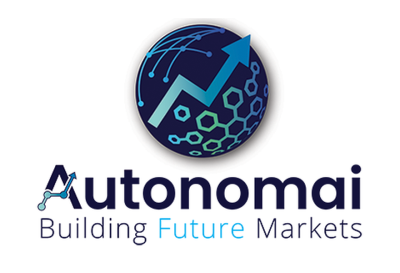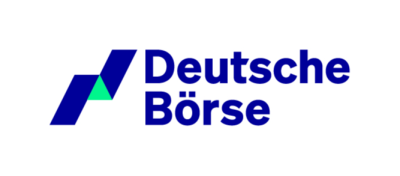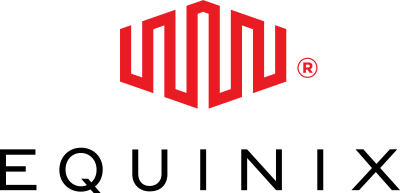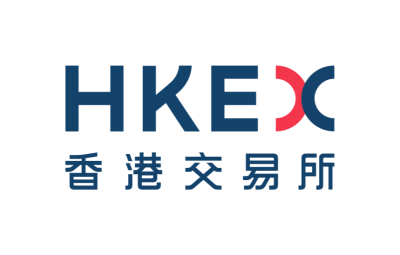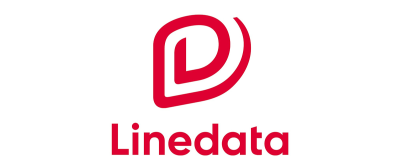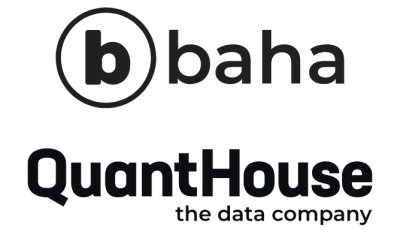TradeTech Europe 2026
21 - 23 April 2026
RAI Amsterdam
TradeTech Live - Day Two
KEYNOTE INTERVIEW: The future of trading – how leveraging AI tactics and new data sets can improve trading and investment performance
• Machine learning projects can be applied to a range of trading processes; MAN Group has developed a framework for broker allocation and order flow that went live last year.
• Machine learning is primarily aimed at removing human bias from decision-making and implementing a system that goes beyond prediction models to a system that can take actions based on predictions and then learn from the results of those decisions.
• Building a machine learning system is all about the team; while it is a difficult and long task to recruit the right expertise, having this foundation in place enables to firms to pivot technology systems across the business and towards specific challenges or objectives.
• Patience is a vital element for successful machine learning projects. It cannot be done in a short time frame and requires significant buy-in from the leaders of the company. It is not the same type of journey that most firms undertake for other technology projects.
ALL STAR PANEL: Taking AI and predictive data analytics to the next level – how to access liquidity systematically whilst navigating complex markets to gain a competitive edge in a global marketplace
• Of those directly involved in trading in the audience, 63% said they are not using AI tools.
• Speakers said that while AI is interesting and has a place in the businesses, it needs to evolve more.
• AI limited by the human that is coding it. Tools so far have been very good at describing what is happening, but not predicting. When you go to what will happen tomorrow, that’s when most of these processes fail.
• On predictive analytics: Axa’s global trading head said if you’re in trading you have no choice but to invest into a serious amount of data analytics – advanced data analytics. You have to somehow be able to turn something into you understand.
• The way the market has evolved with asset managers now having to trade so many bonds, you can’t have the expertise that you had 20 years ago. We have to reconstitute is the experience that the trader used to have. What has traded, what was the liquidity and what was the market impact.
• Audience poll showed just over half of people believe AI can deliver cost benefits to running a fund.
ALL STAR PANEL: Evaluating new dark liquidity – what are the similarities and differences and proven strategies for interacting with them?
• Despite major industry concerns pre-implementation, the unintended consequences of MiFID II have been positive. We’ve seen positive innovation driven by commercial need, but ultimately the objective to move market acidity to lit venues has forced the industry to come up with new and innovative trading venues, such as periodic auctions.
• The industry is still focused on navigating the UK’s impending departure from the European Union. While some panellists agreed the long-term impact of Brexit could be positive in terms of increasing competition, others said that the trick will be to find sufficient harmonisation with some form of equivalence to preserve the UK’s right outside of the EU to be more creative.
• All panellists agreed that the development of innovative trading venues under MiFID II, specifically periodic auctions, has been a positive development for the industry. Periodic auctions are just at the start of their evolution, with the promise that other major players could enter the space.
KEYNOTE INTERVIEW: Which new disruptive technologies are likely to transform the way the equity trading ecosystem operates and how can you structure your trading division to benefit?
• Technology is essential to be relevant in the industry. Financial services organisations need to keep up with the pace of life of the consumer in their every day life. What people are experiencing in their every day lives are instant decisions and transfers – take that into the world of asset management where a big fund says I need to look at where my holdings are – it used to be ‘okay, you’ll get it through the post in a couple of weeks and then we’ll have a meeting about it’.
• Industry needs to keep evolving. SSGA has set up an AI research centre in China, investment centre in Poland to look at disruptive processes and AI, and change the orthodox of processes in terms of doing things differently.
• Hiring data and technology engineers. We’re not a small shop, in order to roll this out we need to have significant robust testing. One slip of the plumbing can have big consequences.
• Aggregate of AuM will continue to grow, it’s just a matter of whether we can be resilient to price pressure on the managing of assets, it’s the competition of managing those assets. The threat to us is if we’re not relevant in technology, and that goes back to the Charles River Development acquisition.
• On the Charles River Development acquisition: Bill Street said always had best in class back-office offering, now they bolt on all the great functionality of CRD and we’re going to have best in class functionality for all our clients. STP can also be modulated, so if a client doesn’t want Global Advisors as the asset manager or State Street as custodian of choice they can still use the infrastructure.
ALL STAR PANEL: How are the buy and sell side leveraging technology innovation to enhance performance and generate alpha from research and trading?
• The introduction of research and execution fee unbundling as a result of MiFID II has thrown up opportunities for technology innovation to improve research production and consumption. Natural Language Processing (NLP) and mining alternative data sets are potentially game changing technologies here.
• The proliferation of data sources presents a challenge for firms seeking to embrace innovation. Intelligent tagging presents one solution to vast quantities of unstructured data sets.
• Ubiquitous data can only provide so much value to trading firms and will more likely lead to beta, rather than alpha. Proprietary data holds far more potential to achieve alpha, but larger firms with bigger resources hold a significant advantage in this respect.
• The industry has now embraced collaborative projects and strategic partnerships to achieve innovation, with these efforts now producing new opportunities for firms to pivot away from their historical objectives towards new goals.
GLOBAL ECONOMY GUEST KEYNOTE: What the future holds – Gerard Lyons predictions on the future state of the global economy and how to stay ahead
• World economy in size: beginning of the century $32 trillion, day financial crisis $62 trillion, end of last year $86 trillion.
• Three different ‘S words’ sum up the global economy: Scale, sequence and shocks.
• As we move through this year, the world economy will stablise. Policy plays a big role, with CBs putting their tightening on hold, this is giving another prop to the global economy from deteriorating further.
• The big unknown is confidence though.
• Debt levels are high. Moving into the early stages of an early economic and political cycle.
• Inflationary pressures have eased. In a disinflationary environment.
• China is slowing but its scale is now huge. They are committed to reduce pollution in China. Pollution, poverty, prevention of risk. In China there is a concern debt level is rising.
• About to have a fourth industrial revolution through artificial intelligence. Will lead to more goods becoming available at a lower price. This creates more jobs.



















